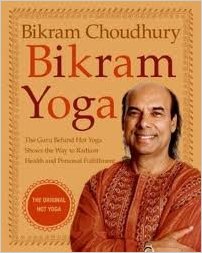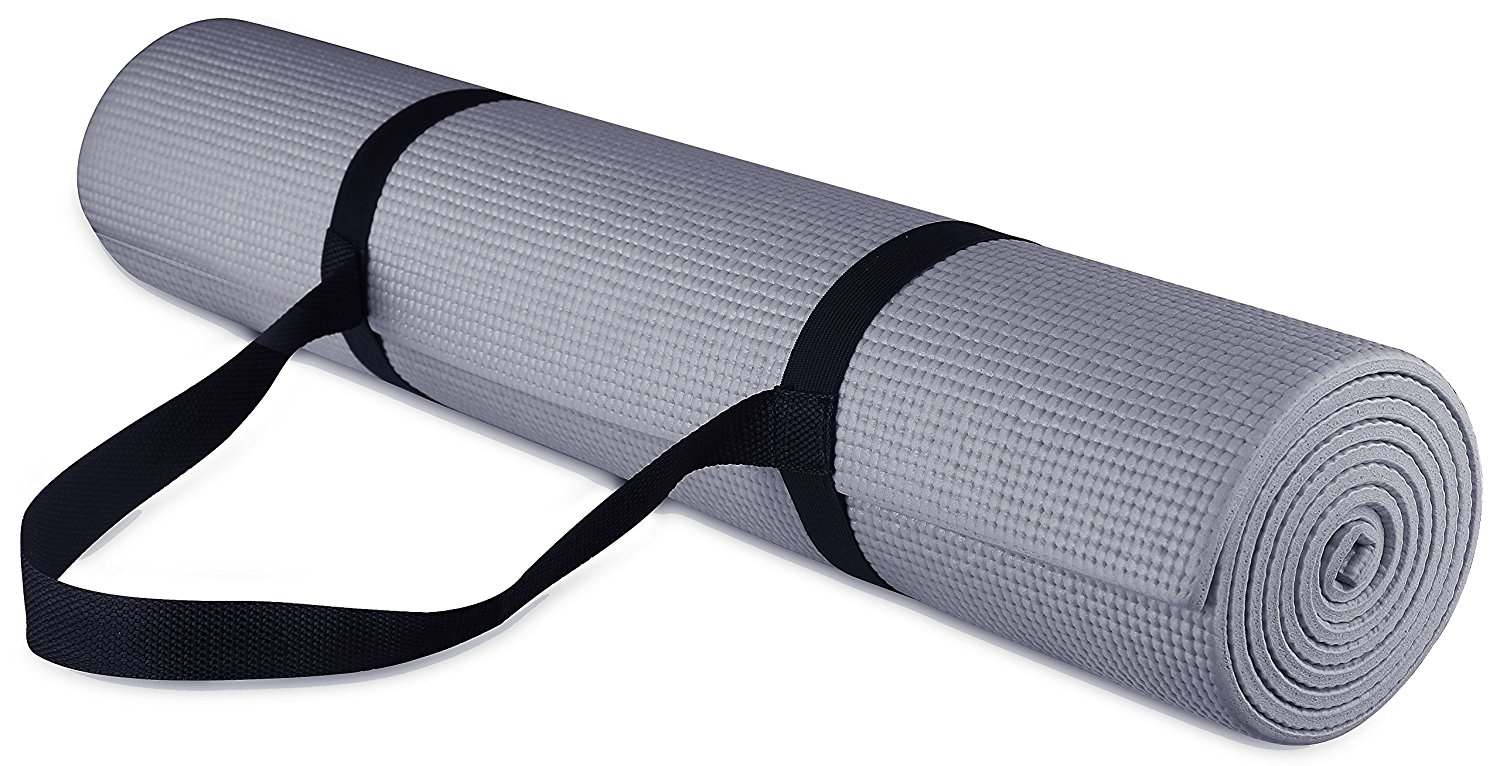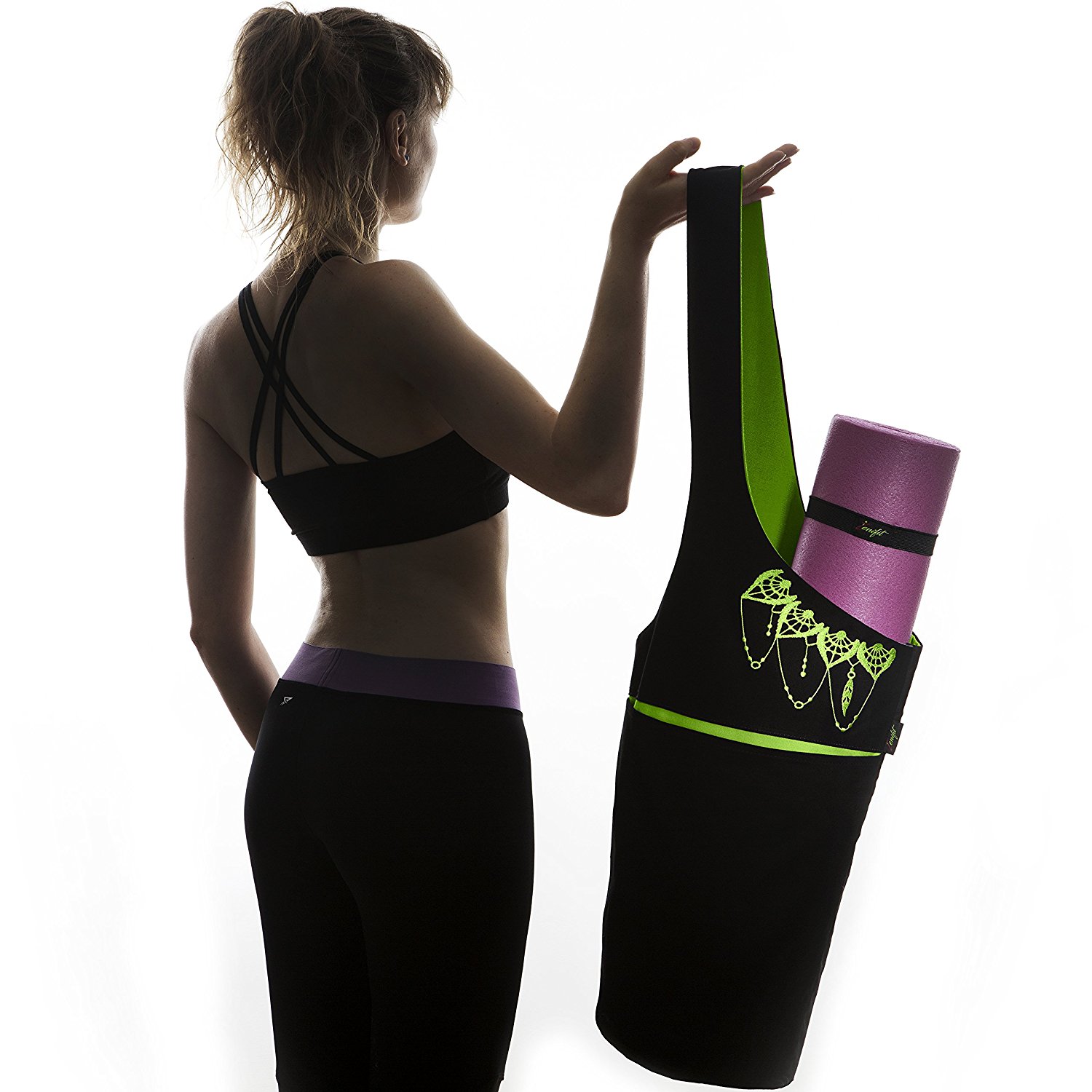What Is Bikram Yoga?
Bikram Yoga is a style of yoga that is performed in a heated room and consists of 26 asanas (postures) which include 2 breathing exercises. Supporters of Bikram Yoga claim that the heated environment provides distinct health benefits although critics have questioned its safety. This article will take a detailed look at Bikram Yoga along with its pros and cons.
Bikram Yoga Explained
Bikram Yoga was developed by Bikram Choudhury in 1946,although it didn’t become popular in the West until the early 1970s.Bikram Yoga classes run for 90 minutes and take place in a room which is heated to 104 °F (40°C) and has a humidity of 40%. The 26 asanas are each performed twice during a 90 minute class. The section below lists each of the 26 Bikram Yoga asanas:
- Pranayama (Standing Deep Breathing Pose)
- Ardha-Chandrasana (Half Moon Pose)
- Utkatasana (Awkward Pose)
- Garurasana (Eagle Pose)
- Dandayamana-Janushirasana (Standing Head To Knee Pose)
- Dandayamana-Dhanurasana (Standing Bow Pose)
- Tuladandasana (Balancing Stick Pose)
- Dandayamana-Bibhaktapada-Paschimotthanasana (Standing Separate Leg Stretching Pose)
- Trikanasana (Triangle Pose)
- Dandayamana-Bibhaktapada-Janushirasana (Standing Separate Leg Head to Knee Pose)
- Tadasana (Tree Pose)
- Padangustasana (Toe Stand Pose)
- Savasana (Corpse Pose/Dead Body Pose)
- Pavanamuktasana (Wind Removing Pose)
- Pada-Hasthasana (Sit Up Pose)
- Bhujangasana (Cobra Pose)
- Salabhasana (Locust Pose)
- Poorna-Salabhasana (Full Locust Pose)
- Dhanurasana (Bow Pose)
- Supta-Vajrasana (Fixed Firm Pose)
- Ardha-Kurmasana (Half Tortoise Pose)
- Ustrasana (Camel Pose)
- Sasangasana (Rabbit Pose)
- Janushirasana With Paschimotthanasana (Head To Knee Pose With Stretching Pose)
- Ardha-Matsyendrasana (Spine-Twisting Pose)
- Kapalbhati In Vajrasana (Blowing In Firm Pose)
The Benefits Of Bikram Yoga
Bikram Yoga offers all the benefits of other styles of yoga and also has some unique additional plus points due to the hot, humid atmosphere which are all outlined in the list below:
- Better Balance: Many of Bikram Yoga’s poses require you to support your body on one leg or on the tips of your toes and this helps to develop a strong sense of balance.
- Better Breathing: Bikram Yoga features many exercises that open up your lungs and promote proper breathing.
- Detoxification Of The Body: The combination of a hot, humid training environment and fast paced exercises, results in plenty of sweat which carries toxins out of your body.
- Enhanced Circulation: Both the heat and the exercises in a Bikram Yoga class help to loosen up your blood vessels and promote proper circulation.
- Enhanced Flexibility: As with all styles of yoga, Bikram Yoga involves poses that stretch out your muscles and joints in various ways and maximize your overall flexibility.
- Healthier Mind: Bikram Yoga isn’t just a physical practice and a 90 minute session will help to calm and clear your mind and make you feel much more relaxed.
- Increased Fat Burning: When it comes to fat burning, Bikram Yoga is the best choice by some distance. It blasts through a substantial 630 calories per hour which is over 3 times more than the moderate 175 calories per hour burned by traditional Hatha Yoga.
- Improved Posture: Many of Bikram Yoga’s poses stretch out your spine and back. Over time this has a permanent positive impact on your posture.
- Protection Against Chronic Disease: The improved physical fitness and reduced stress levels that come from practicing Bikram Yoga on a regular basis offer significant protection against chronic disease.
- Stronger Muscles: Bikram Yoga works all the muscles in your body and this boosts your overall strength levels.
The Drawbacks Of Bikram Yoga
Despite its many benefits, Bikram Yoga does have some drawbacks compared with other styles of yoga which are highlighted in the list below:
- Heat Related Complications: The higher temperature and humidity levels in a Bikram Yoga class can potentially lead to a number of complications including dehydration and hyperthermia (overheating of the body). It can also exasperate existing health conditions and interfere with certain medications. Therefore, it’s essential that you consult your doctor before starting Bikram Yoga and consume plenty of water during each session.
- Increased Injury Risk: The heat in a Bikram Yoga class naturally loosens your joints and muscles and allows you to stretch that little bit further. However, this can actually be a blessing in disguise and make you more likely to overstretch and injure yourself compared with other styles of yoga.
- Not Suitable For Beginners: The high heat, humidity levels and fast paced nature of a Bikram Yoga class can be a shock to the system. Therefore, if you’re new to yoga, Bikram Yoga probably isn’t the best style to start with.
Summary
If you enjoy the heat and want to boost your flexibility while also getting a sweat on, Bikram Yoga is definitely something you should try. Just make sure you drink plenty of water before, during and after the class to keep your hydration levels high and avoid any potential complications related to the heat.








